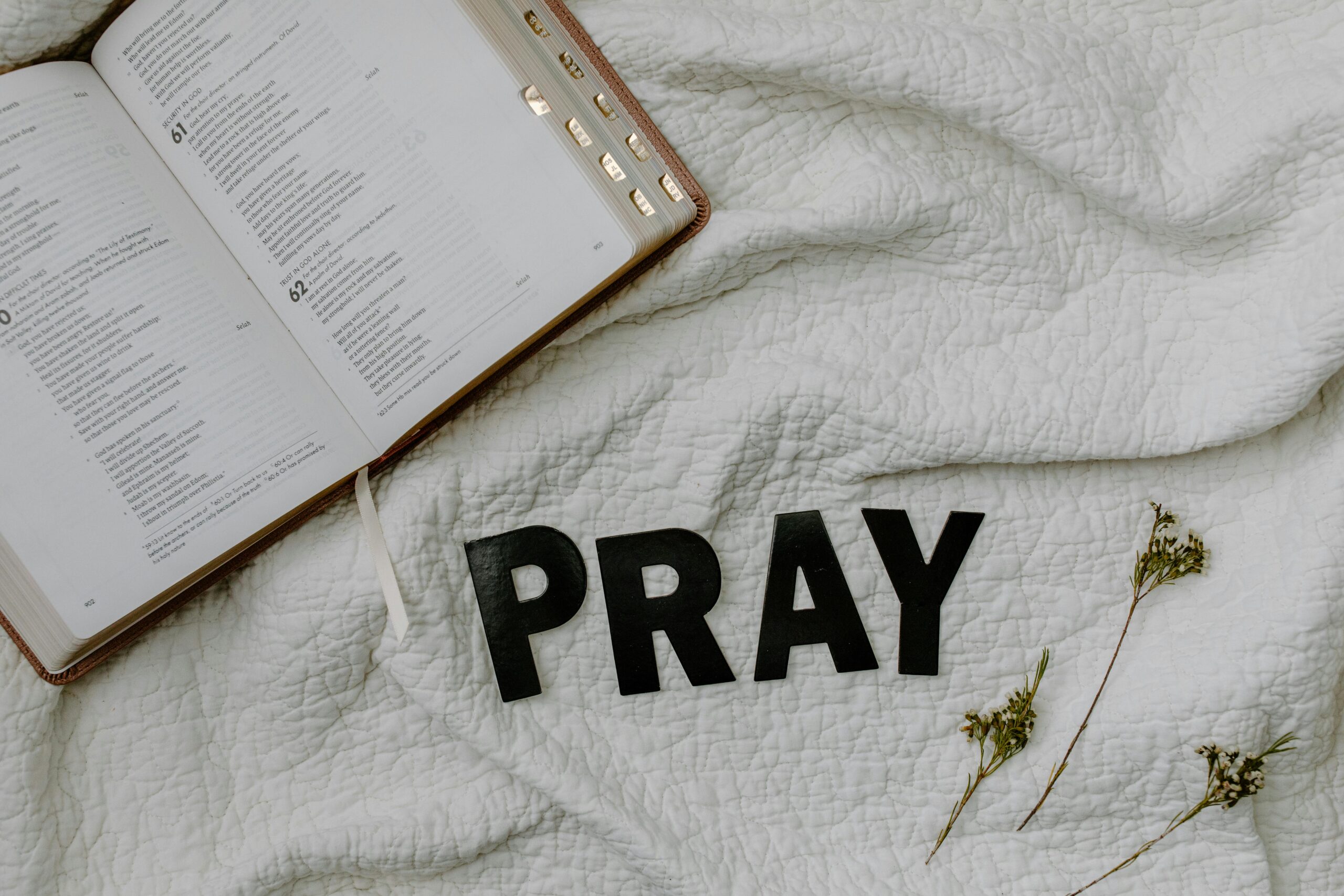When it comes to worship and prayer, the words we use often carry deep significance. For many believers, the act of praying or participating in worship is not just a ritual; it’s an intimate conversation with God. So, the question arises: Do the words we use really matter in these sacred moments?
At first glance, it might seem like the specific words we speak don’t make a huge difference, as long as our hearts are in the right place. After all, isn’t God more interested in our sincerity and intentions rather than the precise phrasing? While it’s true that God cares deeply about the heart behind our words, the words we use in worship and prayer carry more weight than we might think.
In this article, we’ll explore why the words we use in worship and prayer matter. We’ll look at the power of words in Scripture, how words shape our relationship with God, and how choosing our words thoughtfully can deepen our spiritual experience.
1. The Power of Words in Scripture
The Bible is full of examples where words hold immense power. In Genesis, God created the universe by speaking words: “And God said, ‘Let there be light,’ and there was light” (Genesis 1:3). The act of creation itself began with words. This shows us that words have intrinsic power—words have the ability to create, shape, and transform.
In the New Testament, Jesus also emphasizes the importance of words. In Matthew 12:36-37, He says, “But I tell you that everyone will have to give account on the day of judgment for every empty word they have spoken. For by your words you will be acquitted, and by your words you will be condemned.” This is a stark reminder that words are not trivial. They matter deeply to God.
The Bible repeatedly tells us that our words have the power to heal or harm, build or destroy. In Proverbs 18:21, it says, “The tongue has the power of life and death, and those who love it will eat its fruit.” This verse reminds us that our words can carry significant weight, affecting our relationships with others and, ultimately, our relationship with God.
2. Words Shape Our Relationship with God
Worship and prayer are not just about expressing our thoughts; they are about connecting with God on a deep, personal level. The words we use in these moments can help us draw near to God, acknowledge His greatness, and align our hearts with His will.
When we pray, we communicate our deepest desires, fears, and gratitude to God. The words we choose help us articulate our thoughts and open the door for God to speak into our lives. Prayer is a dialogue, not just a monologue, and the words we speak invite God’s presence into our hearts and minds.
In worship, the words we sing or speak in praise can be a powerful form of surrender. When we declare God’s greatness and worship Him with our voices, we acknowledge His sovereignty and position ourselves in a place of humility. The words we use in worship help us to focus on God’s holiness, goodness, and love, reminding us of His eternal nature.
For example, think about the classic hymn “How Great Thou Art.” When we sing the words, “Then sings my soul, my Savior God, to Thee, How great Thou art, How great Thou art!” we are not just reciting lyrics. We are expressing deep awe and reverence for the Creator of the universe. The words are more than just sounds—they connect us to God in a meaningful and worshipful way.
3. Words Help Us Focus on God’s Truth

One of the most powerful aspects of using specific words in worship and prayer is that they help us focus on God’s truth. Often, we find ourselves distracted by the chaos of life, our worries, and our emotions. But through words—whether spoken in prayer or sung in worship—we can intentionally shift our focus back to God.
The Psalms are a perfect example of how words help to center our hearts on God’s truth. In Psalm 42:5, the psalmist says, “Why, my soul, are you downcast? Why so disturbed within me? Put your hope in God, for I will yet praise him, my Savior and my God.” In this verse, the psalmist is speaking to his own soul, using words to refocus his thoughts on God’s faithfulness.
Similarly, in worship, songs with lyrics rooted in Scripture can help us declare the truths of who God is and what He has done. By singing or speaking these truths aloud, we actively remind ourselves of God’s promises, His love for us, and His power over our circumstances. The words we use in worship help us align our thoughts and emotions with God’s Word.
4. The Role of Intentionality in Our Words
The intentionality behind our words is also significant. When we choose to use certain words, we are intentionally directing our attention toward God. For example, consider the difference between a generic prayer like, “God, please help me today,” versus a more specific prayer like, “God, I ask You to guide me in my decisions today, especially in my work and relationships. Please give me wisdom and strength.”
While both prayers are valid, the second one is more intentional. It acknowledges God’s specific role in our lives and invites Him to be present in specific areas of our day. The more intentional we are with our words, the more we engage with God on a personal level.
This intentionality in worship can be seen in songs that focus on specific attributes of God, such as His holiness, love, or grace. When we sing with purpose, our worship becomes a powerful expression of our devotion, reminding us of who God is and what He has done for us.
5. Words Have the Power to Heal and Transform
When we use words in prayer or worship, we not only connect with God, but we also invite His transformative power into our lives. Words can have a profound impact on our hearts and minds. The act of speaking out our prayers, confessing our sins, or declaring our trust in God can be a healing process.
In James 5:16, we are encouraged to pray for one another, saying, “Therefore confess your sins to each other and pray for each other so that you may be healed.” Confession is an intentional use of words that opens the door for healing and transformation. By speaking our worries, sins, and fears to God or trusted individuals, we create space for God’s healing work to take place in our hearts.
In worship, declaring the greatness of God or singing of His faithfulness can transform our perspective. Even when we don’t feel like it, speaking or singing these truths can lift our spirits and renew our minds. The words we speak have the ability to shape our thoughts, which in turn affects our emotions and actions.
6. The Impact of Words on Others
It’s also important to recognize that the words we use in worship and prayer don’t just affect us—they also impact those around us. When we pray aloud or lead worship, our words can encourage, comfort, and inspire others. In the church community, prayer is a powerful way to lift up fellow believers.
In 1 Thessalonians 5:11, Paul encourages the church to “encourage one another and build each other up.” Our words—whether in prayer, worship, or conversation—have the power to strengthen others in their faith.
When we speak words of truth and encouragement, we help others to focus on God and remember His promises. In times of difficulty, our prayers for one another can be a lifeline, providing comfort and support. The words we choose can make a lasting impact on the faith of others, helping to build a stronger, more unified community.
Conclusion: Words Matter in Worship and Prayer

So, do the words we use in worship and prayer really matter? The answer is yes. Words have power—they can create, heal, focus, and transform. Whether we are speaking words of worship, offering prayers of petition, or simply engaging in quiet reflection, the words we choose invite God’s presence and align our hearts with His will.
Our words matter because they are a means of communicating with God, declaring His truth, and encouraging one another. They are tools that help us grow closer to God, transform our minds, and live out our faith in a meaningful way. The words we speak in worship and prayer are not mere rituals—they are opportunities to connect with God and be transformed by His power.
So, the next time you find yourself in worship or prayer, remember that the words you use matter. Use them intentionally, thoughtfully, and with a heart that is open to God’s work in your life.

